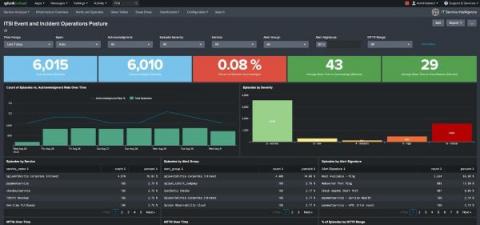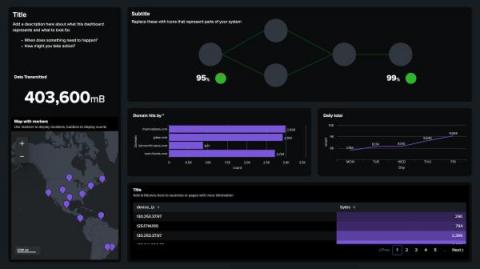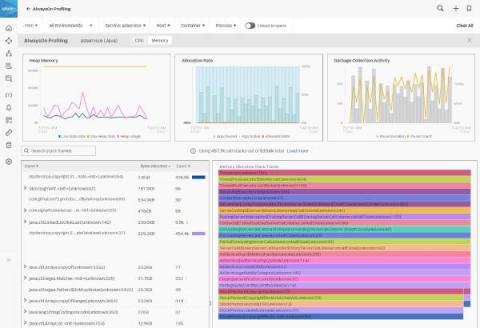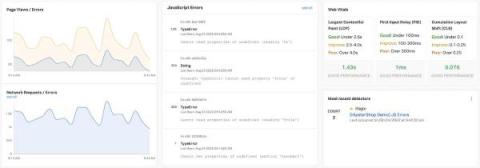SignalFlows to SLOs
How are you tracking the long-term operation and health indicators for your micro and macro services? Service Level Indicators (SLIs) and Service Level Objectives (SLOs) are prized (but sometimes “aspirational”) metrics for DevOps teams and ITOps analysts. Today we’ll see how we can leverage SignalFlow to put some SLOs Error Budget tracking together (or easily spin up same with Terraform)!











